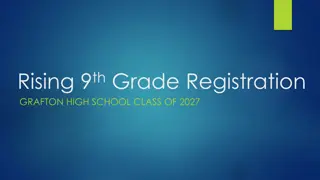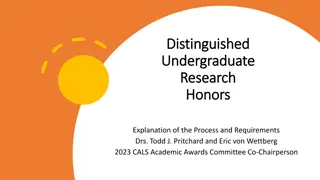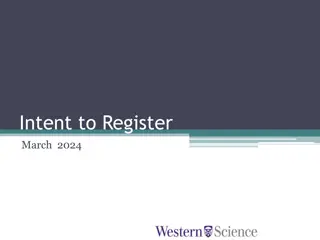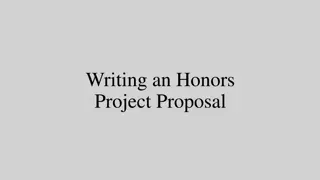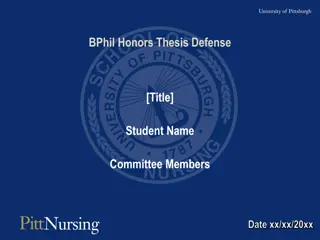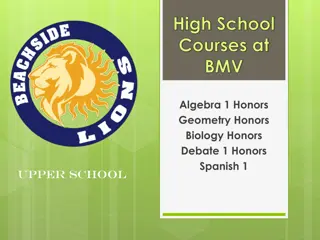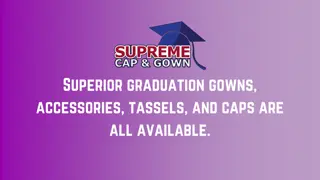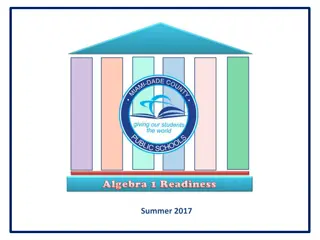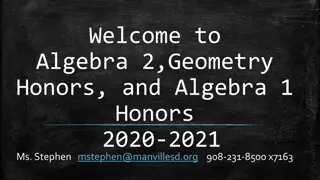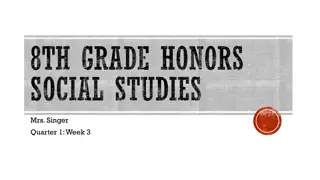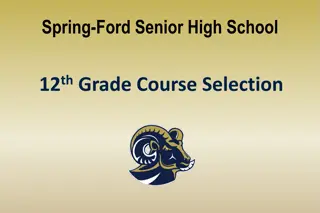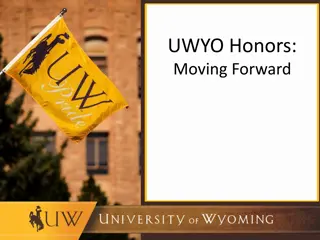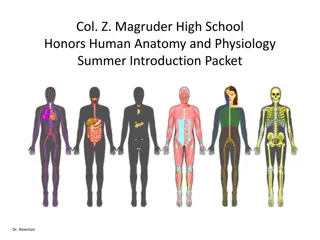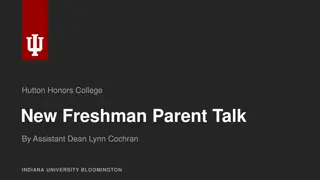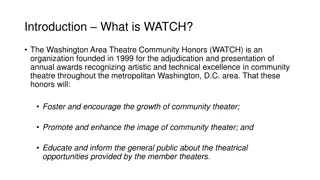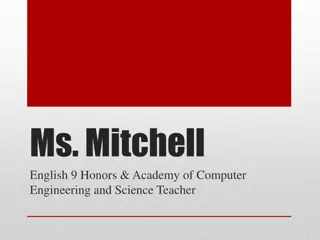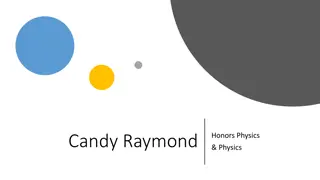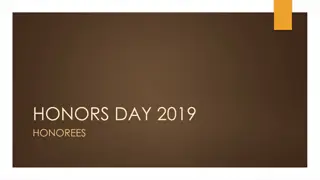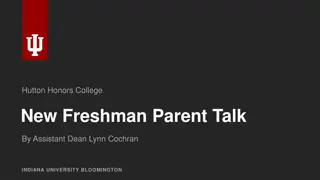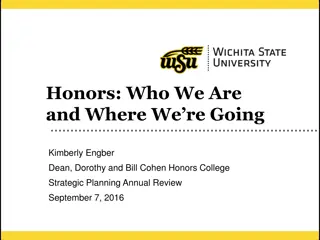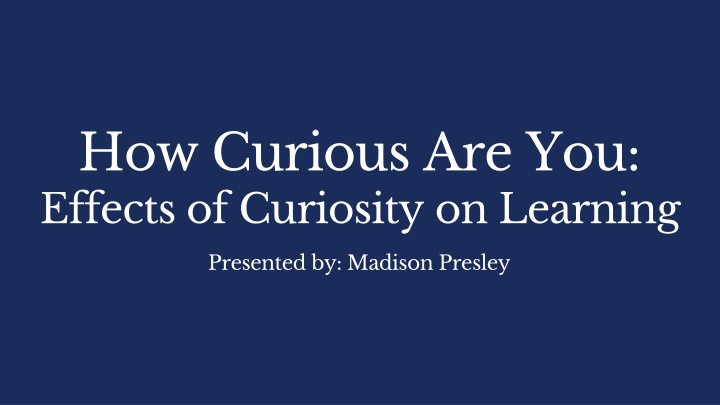
Effects of Curiosity on Learning: Insights from a Study by Madison Presley
Discover how curiosity impacts learning based on a study conducted by Madison Presley. The study explores the manipulation of curiosity and its influence on learning outcomes, considering factors like prior knowledge and curiosity levels. Results reveal varying effects of curiosity on learning in different contexts, such as cooking and football, providing valuable insights for future research directions.
Download Presentation

Please find below an Image/Link to download the presentation.
The content on the website is provided AS IS for your information and personal use only. It may not be sold, licensed, or shared on other websites without obtaining consent from the author. If you encounter any issues during the download, it is possible that the publisher has removed the file from their server.
You are allowed to download the files provided on this website for personal or commercial use, subject to the condition that they are used lawfully. All files are the property of their respective owners.
The content on the website is provided AS IS for your information and personal use only. It may not be sold, licensed, or shared on other websites without obtaining consent from the author.
E N D
Presentation Transcript
How Curious Are You: Effects of Curiosity on Learning Presented by: Madison Presley
A WAY TO ENHANCE LEARNING - But prior work has always used natural variations in curiosity (Loewenstein, G., 1994). What is Curiosity? CAN CURIOSITY BE MANIPULATED - Yes! - Most studies used trivia questions (Arnold & Marsh, 2018). DOES CURIOSITY EFFECT LEARNING? - This is the question we want to answer
Our Hypotheses CURIOSITY There will be no effect of curiosity alone on learning Prior knowledge will have an effect on learning PRIOR LEARNING KNOWLEDGE Curiosity is moderated by the effect of prior knowledge on learning. BOTH
What is Curiosity? Participants N=177 Radford University undergraduates Between-subjects design Used materials were derived from prior work New learning used pseudo-facts Question: "In a kitchen, a claster is a type of what?" Answer: "A knife"
PRIOR KNOWLEDGE "When a recipe calls for zest, it is important to remember to: " A: Use a wooden spoon B: Clean the outer layer C: Refrigerate the product beforehand D: Whip vigorously E: I don't know NEW LEARNING High Curiosity: "In a kitchen, a claster is a type of what?" Low Curiosity: "In a kitchen, a claster is a type of knife." HOW CURIOUS ARE YOU? (1-5 SCALE) Answer: "Knife" Final Test "In a kitchen, a claster is a type of what?"
Results: Cooking CURIOSITY - High curiosity led to an increase in learning PRIOR KNOLEDGE - More Prior knowledge led to an increase in learning WAS THERE AN INTERACTION? - No - However, it's possible to find if the prior knowledge was easier
Results: Football CURIOSITY - No effect on learning - Random assignment failure PRIOR KNOLEDGE - More Prior knowledge led to an increase in learning WAS THERE AN INTERACTION? - No
REPLICATE THE STUDY Future Directions - Clear up confusion with failure in random assignment REVISE COOKING QUESTIONS - Prior knowledge may have still been too difficult
WHY IS THIS IMPORTANT? - A step closer to understanding curiosity's relationship to learning Discussion HOW CAN THIS BE APPLIED? - Professors, start adding questions to your lectures!
Questions? Special Thanks to: Ryan Taylor, Dr. Kathleen Arnold, and the Honors College
References Arnold K. M. & Marsh, E. J. (2018). Inducing Curiosity: Can Making Students More Curious Enhance Learning?. Loewenstein, G. (1994). The psychology of curiosity: A review and reinterpretation. Psychological Bulletin, 116(1), 75 98. https://doi-org.lib-proxy.radford.edu/10.1037/0033- 2909.116.1.75 Wade, S., & Kidd, C. (2019). The role of prior knowledge and curiosity in learning. Psychonomic Bulletin & Review, 26(4), 1377 1387. https://doi-org.lib-proxy.radford.edu/10.3758/s13423-019- 01598-6 Witherby, A. E., & Carpenter, S. K. (2021). The rich-get-richer effect: Prior knowledge predicts new learning of domain-relevant information. Journal of Experimental Psychology: Learning, Memory, and Cognition. https://doi-org.lib-proxy.radford.edu/10.1037/xlm0000996


